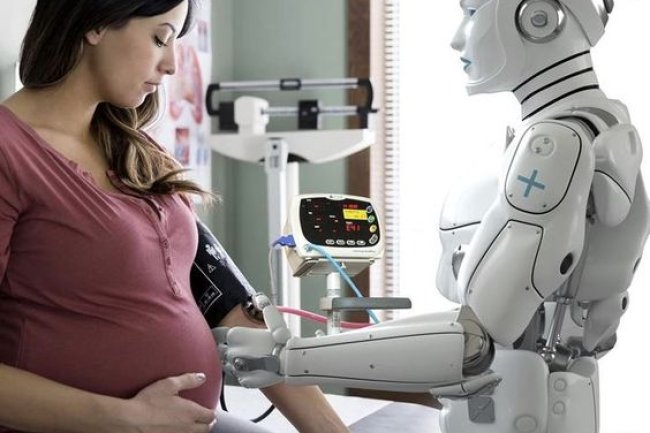Will AI make the world better?
AI has the potential to make the world a better place by solving some of the most important problems that society is facing today, such as improving health outcomes, increasing efficiency in transportation and logistics, improving environmental sustainability, and improving our overall quality of life. ..

Will AI make the world better? Improving health outcomes:
However, whether AI actually makes the world a better place ultimately depends on how we design and use this technology.
Technology is connected with AI:
As with any technology, there are both potential benefits and risks associated with AI. The challenges associated with AI include ethical concerns, such as ensuring that AI systems are transparent, accountable and aligned with human values, and addressing possible biases that might perpetuate discrimination or injustice. In addition, there are concerns about the impact of AI on jobs, the economy and privacy.
AI for the benefit of society:
To ensure that AI is used for the benefit of society, we need to take a responsible approach to its development and use. This includes investing in research and development, prioritizing ethical considerations in the design and implementation of AI systems, and participating in public dialogue to ensure that AI is aligned with the values and needs of society.
If we take AI responsibly, there is no doubt that it has the potential to make the world a better place.
Will AI make the world better?

The impact of artificial intelligence on the world. With each passing day, AI is becoming more integrated into our lives, but what impact will it have on the world as a whole? Will it make the world a better place, as many believe, or will it lead to unforeseen consequences?
Section 1:
What is artificial intelligence?
Before we can discuss the impact of AI on the world, we need to understand what it is. AI refers to systems that can perform tasks that would normally require human intelligence. This can range from simple tasks such as making an appointment to more complex tasks such as driving a car or diagnosing diseases. AI can be divided into two categories: narrow AI and general AI. Narrow AI is designed to perform certain tasks, while general AI has human-level intelligence and can understand and perform any intellectual task that a human can.
Section 2:
The potential benefits of AI
One of the main arguments for AI is that it has the potential to make the world a better place. For example, AI can be used to automate everyday and repetitive tasks, giving people time to focus on more creative and fulfilling tasks. In addition, AI can be used to make healthcare more efficient by diagnosing diseases quickly and recommending treatments. AI can also help us better understand and address environmental issues by analyzing large data sets and identifying patterns that humans may not be able to see.
Section 3:
The potential risks of AI
Despite the potential benefits of AI, there are also risks associated with it. One of the biggest risks is the relocation of jobs. As AI becomes more and more sophisticated, more and more jobs can be automated, leaving many people without employment. In addition, there are concerns about data protection and security, as AI systems can potentially access and analyze large amounts of personal data. Finally, there is a risk that AI will be used in unethical or harmful ways, e.g. in the development of autonomous weapons or in surveillance.
Section 4: Conclusion
In conclusion, the impact of AI on the world is complex and diverse. While there are certainly risks, such as job relocations and privacy concerns, there are also huge potential benefits, such as increased efficiency and environmental insights. Ultimately, the future of AI depends on how we use it. Through a thoughtful and conscious approach to development and deployment.





















